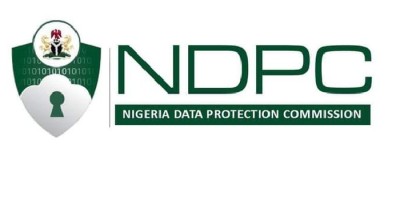Way Out Of Recession Series: Rethinking Infrastructure Development
Posted on Tue 21 Feb 2017
- Download Resource
-
PRIVATE EQUITY INVESTMENTS
A total investment of over $2.8 billion in 30 deals was reported by African Private Equity and Venture Capital Association (“AVCA”) to have been attracted into Africa at the end of June 2016. The Nigerian infrastructure gap remains one of the most attractive sectors to Africa-focused private equity investors. The legal and regulatory environment for investment must be made less cumbersome and more business-friendly by the government and regulators while more infrastructure-tied products should be developed to attract more PE investments into Nigeria.
-
INFRASTRUCTURE CONCESSION CONTRACTS
Concession contracts remain one of the most effective public-private-partnership (“PPP”) arrangements the world over. The Infrastructure Concession Regulatory Commission (Establishment, Etc.) Act, 2005 (“ICRC Act”) was passed to provide a PPP legal framework for financing, developing and managing FGN’s infrastructure projects.
A good number of infrastructure projects have been developed both at federal and state levels in the country through the grant of concessions by government or government agencies either to a particular private investor or investor group (the concessionaire); to build, own and manage public infrastructure on behalf of the government for some specified period of time. Prominent among such infrastructure projects are the Murtala Mohammed Airport (MMA2) Airport Concession; Lekki-Epe Express Way Project; Lagos-Ibadan Expressway Concession Contract; Ikeja City Mall Project in Lagos; Polo Park Concession Project in Enugu; and the PPP contract signed between a State Government in Nigeria and Ropeways Transport Limited for the deployment of aerial cable cars for public transportation among others.
The FGN’s National Integrated Infrastructure Master Plan (“NIIMP”), a 30-year-plan developed since 2013 and which encapsulated Nigeria’s roadmap for upgrading its public infrastructure to international standards can only be effectively executed and substantially achieved through an innovative use of PPP initiatives.
-
CONCLUSIONS
Whilst enormous investment opportunities abound for private sector capital (particularly foreign investors) in the Nigeria’s wide infrastructure gap, we recognize that challenges also exist but these are not insurmountable. The persistent volatility and liquidity challenges in the country’s forex market portend uncertainty and may create hurdles for matured investments exiting the market at maturity. So also are instances of overlapping laws and overreaching regulators, social unrest and militancy, corruption as well as policy instability that comes with changing governments.













